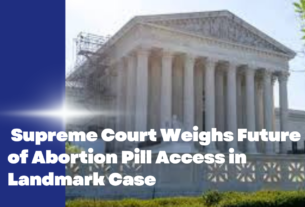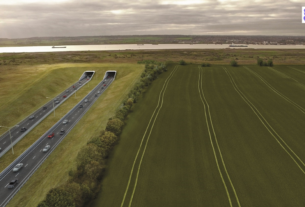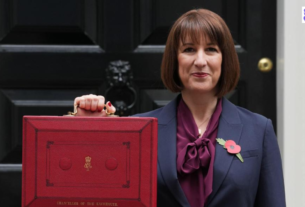Chancellor Rachel Reeves is poised to unveil the UK’s first multi-year spending review under the Labour government, outlining fiscal priorities through the next general election. Scheduled for June 11, 2025, the review will allocate over £100 billion in public funds, with a focus on health, housing, defense, and infrastructure.
Central to the review is a £39 billion investment in affordable housing, marking the largest such commitment in a generation. This initiative aims to deliver 1.5 million new homes by 2030, addressing the housing crisis and reducing reliance on housing benefits. Additionally, £113 billion is earmarked for infrastructure projects, including nuclear energy, regional transport, and artificial intelligence development, with a focus on regions outside London.
The National Health Service (NHS) will receive a £30 billion annual increase, representing a 2.8% real-terms rise, to address staffing shortages and reduce waiting lists. However, projections suggest that the NHS may still fall short of meeting the target of treating 92% of patients within 18 weeks by the end of the current parliament.
Defense spending is set to rise to 2.5% of GDP by 2027, partially funded by cuts to international aid. Other departments, such as the Home Office, face constrained budgets, with limited increases in police funding and anticipated cuts to post-Brexit farming subsidies.
Education will receive an additional £4.5 billion annually by 2029, while energy and climate funding will see boosts, including over £14 billion for Sizewell C nuclear and £13.2 billion for home energy efficiency initiatives. Science and technology are allocated £86 billion through 2029, and £4.7 billion is earmarked for new prisons.
Despite these investments, some government departments face real-term cuts to service budgets to accommodate key priorities. The review reflects Labour’s commitment to addressing pressing issues while navigating fiscal constraints.




